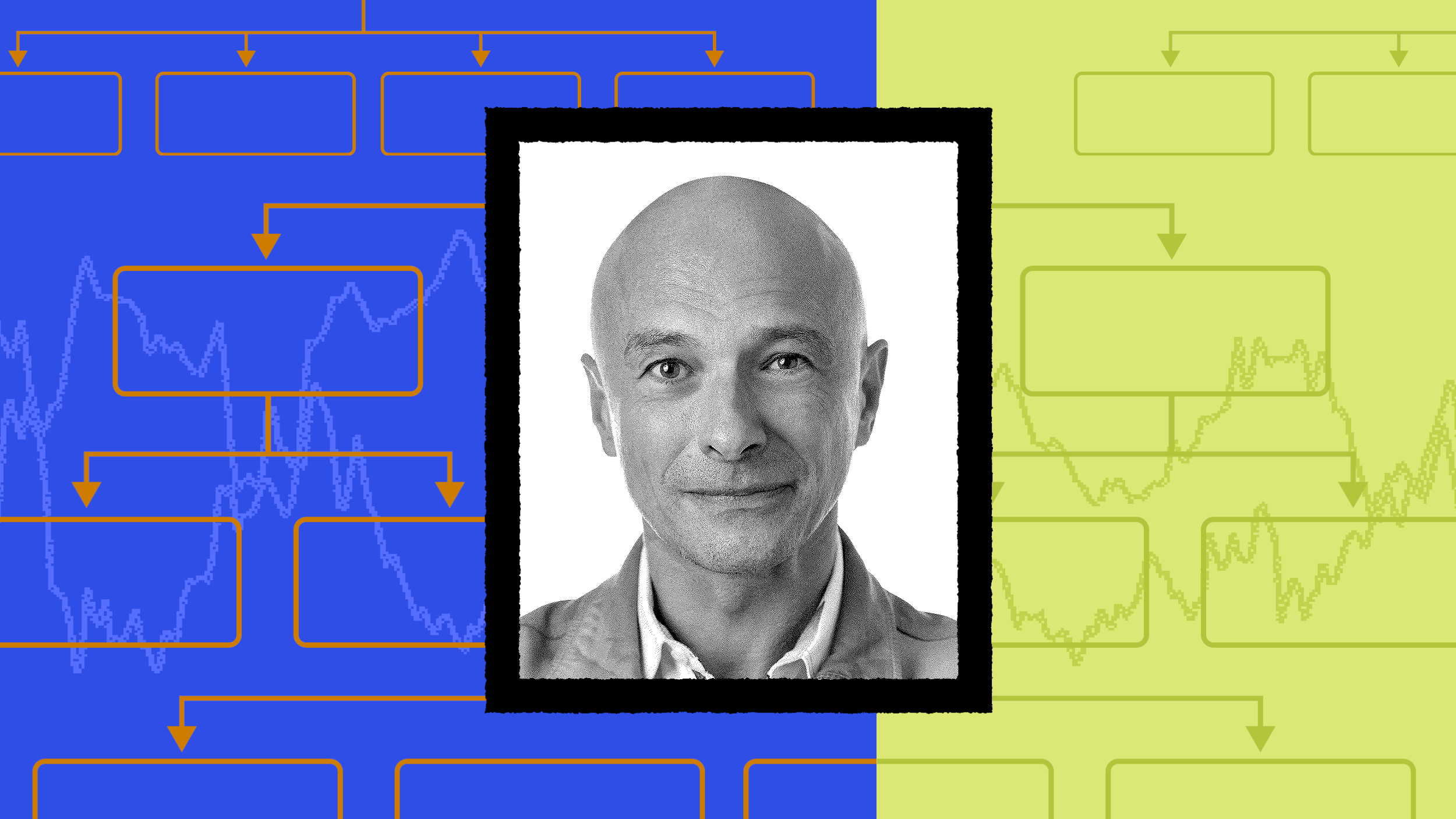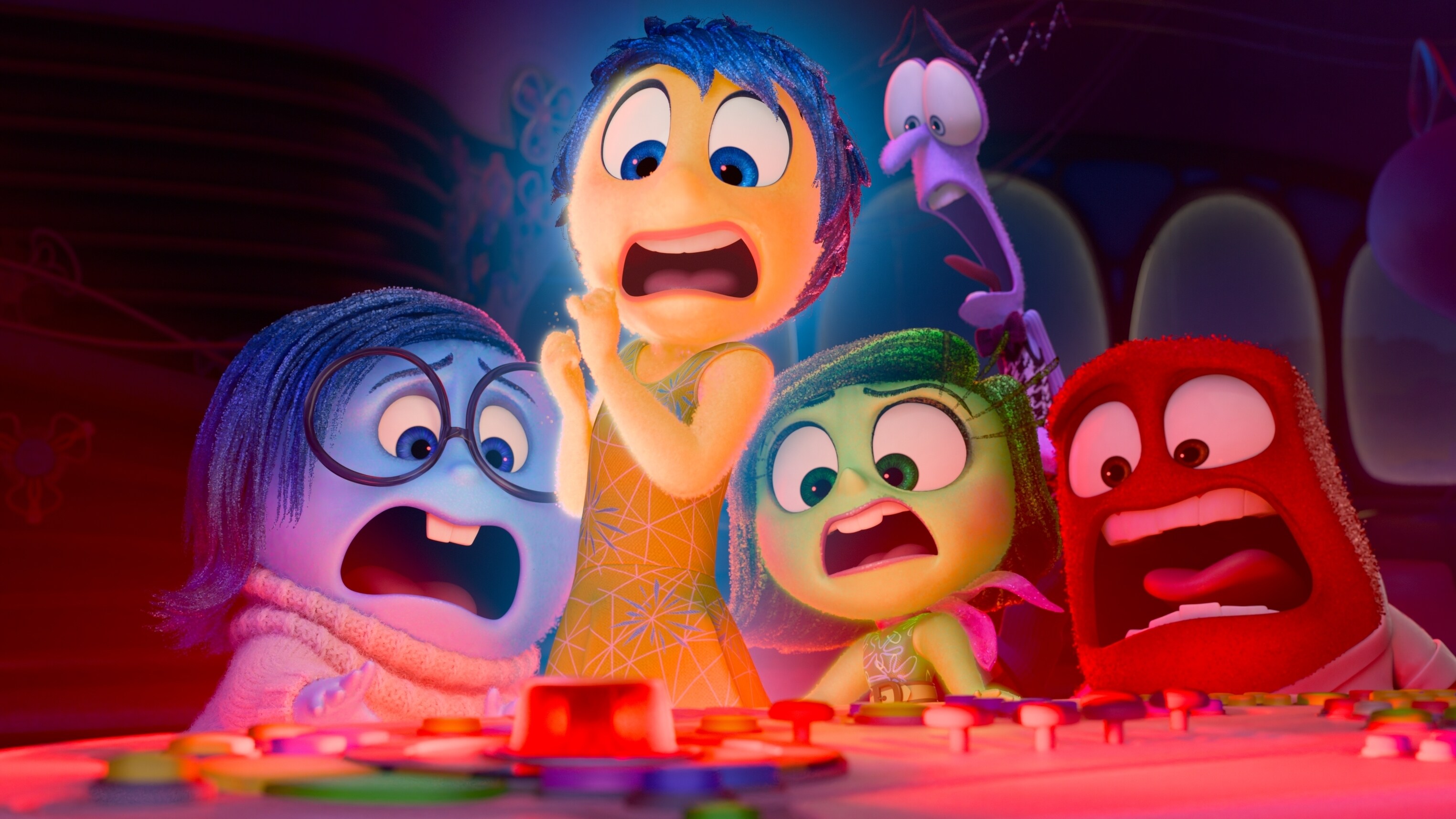Question: Does humankind have an overarching purpose or direction?
Pinker: One of the things that I think science show us is that the idea that there’s some purpose to the universe is one that we should outgrow. There’s a purpose to each one of our lives, and we can articulate what that purpose is and why we have it; but why humans emerged on earth, why there is a planet earth, why the universe does what it does, we’ve got to outgrow these questions. It is very clear that there is no purpose in that sense. The fact that the sun will expand and consume the entire earth; that the universe might blow apart; that 99 percent of species go extinct and it would be sort of arrogant to say that homosapiens would be the only one that doesn’t; the fact that the earth is one out of presumably thousands, and millions, and billions of planets that could support life – that there’s nothing distinguished about our solar system. All of those realizations say that the idea that we were put here for some purpose is a kind of medieval ignorance and arrogance. That doesn’t mean that we humans, with the brains that we have, with our understanding of what we value and don’t, don’t have a purpose. And in many ways there is a kind of fulfillment of human purposes that has gone on through history owing to the cumulative efforts of humans to make something of their lot to achieve something worth while. We know more. It’s astonishing how much we do know. There’s lots we don’t know, but the fact that we know the genetic code of life; that we know how old the universe is; that we know how the earth was formed; that we know the basic constituents of chemistry, this is mind boggling stuff. People in the 17th century would have given up anything for a glimpse of what we know today. That’s something to be . . . to celebrate. The fact that we’ve gotten less violent over time. We no longer have human sacrifices. We’ve outlawed slavery in most of the world. We no longer have capital punishment for trivial crimes and misdemeanors. We don’t have routine torture, burning at the stake, disemboweling, crucifixion. The number of wars has gone down in the last 50 years. By many measures we’ve become a less violent species; not because there is some force in the universe pushing us in that direction, but I think because we recognize the futility and the undesirability of violence. And we tinker in various ways to reduce them. And in some degree slowly, incrementally we’ve succeeded.
Question: What is human nature?
Pinker: Because I do believe that there is such a thing as human nature, I think there are some things that will always be with us. I think that people will always have a measure of self-deception, and so we always think that we’re right, and that we’re virtuous, and we’re omniscient. And so we have to have that beaten out of us by arguments, and debate, and reality checking, and mechanisms like peer review, and science, and laws, and fines in the legal system. I think that children will always be unruly. I think that men and women will always be distinguishable. I think that we will never be born knowing how to read or to do math, but we’ll always need education. I think there are a large number of traits that I think will be here in a thousand years. On the other hand, among those traits are combinatorial abilities like the ones that I believe power language. Combinatorial abilities can give rise to an explosion of possibilities. There are a hundred, million, trillion different sentences, grammatical and meaningful sentences 20 words longer or less. Even if there’s a fixed set of rules that cranks out those sentences, there is in effect no limit as to the number of thoughts we can express in words. By analogy, human nature, the thoughts that we can think, the goals that we can have, if they’re combinatorial as well, there are maybe no limits in practice to the actual behavior that we can expect from people. They will be challenged in certain ways. They will still conform to certain rules; but we haven’t even sampled a remote fraction of them. That’s why ultimately even though I believe in a fixed human nature, I don’t believe in a fixed human condition. Because with the resources of human nature, there’s no limit to the . . . ________ to the kinds of discoveries that we make with the kinds of ways we can figure out to get along with each other.






